The Loneliness of Each Myers-Briggs® Personality Type
Table of contents
Estimated reading time: 12 minutes
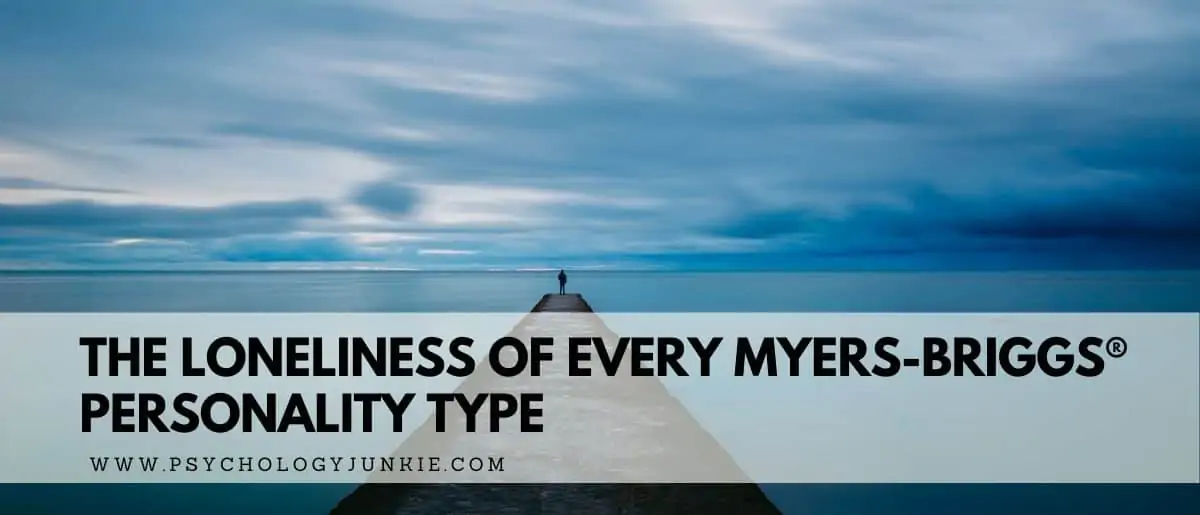
ENFP Loneliness
“If one’s different, one’s bound to be lonely.” – Alduous Huxley
Conformity and societal pressures make ENFPs feel lonely and isolated. Curiosity and imagination are dear to the hearts of these types and they rarely fit a cookie-cutter mold of what’s traditional or “normal.” When ENFPs are pressured to alter themselves for the wishes of others, to put on a mask, or say or do the “right” things rather than what’s authentic, they feel lonely and unappreciated. For the ENFP, having space to be genuine and follow their own path is crucial. Situations that make ENFPs feel like they have to follow particular social rules in order to be accepted make them feel depleted and depressed.
Read This Next: Dealing with Emotional Overwhelm as an ENFP
ENTP Loneliness
“If a man does not keep pace with his companions, perhaps it is because he hears a different drummer. Let him step to the music which he hears, however measured or far away.” – Henry David Thoreau
ENTPs feel lonely when their ideas and theories are dismissed without proper respect. When they are stuck in highly structured, traditional atmospheres they can feel like their natural innovative tendencies are squashed. They crave experimentation, exploration, and intellectual thought-swapping. They also enjoy warm, easy interactions with people who have a good sense of humor. When the world seems at odd with their naturally curious and anti-authoritarian nature then ENTPs feel lonely and stifled.
INFP Loneliness
“It’s easy to stand in the crowd, but it takes courage to stand alone.” – Mahatma Gandhi
INFPs often feel lonely because their ideals are so unique and personal to them. They often feel that people don’t “get” them or that their dreams are too big for this world. They crave a world of compassion, imagination, and beauty. They often have mental utopias that they’ve envisioned since childhood. INFPs often talk about feeling lonely in the sense that they see possibilities and futures that nobody else thinks are possible. They often feel alone in their need to live up to their personal values and hopes for a better world.
Read This Next: Dealing with Emotional Overwhelm as an INFP
INTP Loneliness
“The thing that makes you exceptional, if you are at all, is inevitably that which makes you lonely.” – Lorraine Hansberry
INTPs often feel lonely because their intellect is overlooked due to their quiet, reserved nature. Analysis, skepticism, and a thirst for knowledge are defining qualities of the INTP type, but many people simply want social charisma, charm, and easy chit-chat. INTPs long to find like-minded companions who can swap ideas with them, explore theories, debate, or critique. They don’t want to have to put on a social mask in order to blend in to society, but they often feel that that’s what’s demanded of them.
Read This Next: 10 Things That Excite the INTP Personality Type
ENFJ Loneliness
“Every single human being who is alive has felt this kind of pain, hopelessness, and loneliness at one time or another. We are all connected through this shared pain and struggle.” – Leo Babauta
ENFJs feel lonely when they have no one to share their hearts with, no one to connect with, and no meaningful or authentic relationships. For the ENFJ, making a meaningful difference in the world is central to who they are. They want to know that their life has had a positive impact on others. If they look at their accomplishments and can’t see how those have helped others, then they will feel lonely and lost. If they have nobody to share their heart with during these moments, they’ll feel even worse. Loneliness for the ENFJ is more about a lack of meaning than a lack of presence. It’s about a lack of deep relationships more than a lack of mere people. ENFJs crave raw, authentic, life-giving bonds and they want to share those with others as well.
Read This Next: ENFJs, INFJs and Empathy Burnout
ENTJ Loneliness
“If you are alone you belong entirely to yourself. If you are accompanied by even one companion you belong only half to yourself or even less in proportion to the thoughtlessness of his conduct and if you have more than one companion you will fall more deeply into the same plight.” – Leonardo da Vinci
Even though ENTJs are extroverts, they don’t tend to fight being alone in the same way that other extroverts do. ENTJs like the focus they’re able to achieve in their quiet moments when no one else is demanding any of their attention. But at the same time, they feel lonely when their goals and dreams are unshared by others. When they work hard to achieve benchmarks but it makes no difference to anyone. They feel lonely when their principles and values are misunderstood and no one even has the wherewithal to debate them. ENTJs crave connection over intellectual matters, theories, and an understanding of life itself. They’re lonely when their relationships remain in shallow waters, and when their companions run off to shore whenever things get deep.
INFJ Loneliness
“A great fire burns within me, but no one stops to warm themselves at it, and passers-by only see a wisp of smoke.” – Vincent Van Gogh
INFJs feel lonely when they lack friendships where true authenticity is possible. Even though they are introverts, INFJs often have intense and fiery passions and dreams that lie restless inside their hearts. They crave friendships where they can let these passions out, discuss their feelings both good and bad, and explore their dreams and visions. However, the world is often a place where such passions are kept hidden. Many people would rather discuss day-to-day details and small talk than get into the weightier matters of life. INFJs in the social world often feel like square pegs being shoved into round holes – or, sometimes worse, they feel completely invisible. They crave fellow dreamers and idealists who can share the passions of their hearts with them and meet them in a judgment-free zone.
Read This Next: 24 Signs You’re an INFJ, the Mystic Personality Type
INTJ Loneliness
“All of humanity’s problems stem from man’s inability to sit quietly in a room alone.” – Blaise Pascal
INTJs tend to enjoy a great deal of alone time and autonomy. But like anyone, they also crave meaningful bonds. To the INTJ, finding someone with whom they can discuss intellectual matters is crucial. They also enjoy the company of people who have shared values and causes for which they are willing to fight. When INTJs have neither of these things they feel lonely and their causes and purposes seem lackluster. People are quick to judge the INTJ’s rather stoic demeanor without realizing that underneath is someone with a huge heart for truth, knowledge, and authenticity. Many INTJs enjoy the company of xxFP personality types who can respect their personal space while helping them explore ways to pursue their deeper inner values and heartfelt desires.
Read This Next: 10 Things That Excite the INTJ
ESFP Loneliness
“I wish I could show you when you are lonely or in darkness the astonishing light of your own being.” – Hafiz of Persia
ESFPs feel lonely when they feel trapped, put upon, or managed. In freedom, ESFPs find joy, connection, and inspiration. Having to abide by cookie-cutter societal roles and having their time rigidly structured makes ESFPs feel not only frustrated but isolated. In freedom, ESFPs can feel unleashed and able to express themselves without restraint. Through shared experiences, adventures, and humor ESFPs are able to forge genuine bonds with others. ESFPs feel lonely when they don’t have the freedom to bare their souls without judgment. ESFPs also feel lonely when their friends expect them to be “the life of the party” all the time only to disappear when things get hard.
ESTP Loneliness
“We’re all islands shouting lies to each other across seas of misunderstanding.” – Rudyard Kipling
ESTPs are unusual extroverts in that they enjoy people but hate chit-chat and small talk. These types would rather play video games, go boating, or engage in sports with their friends than sit around talking. Many adult ESTPs feel like the world around them is stagnating and people are moving in slow motion. The youthful years of excitement and action are swapped for sedentary lifestyles of work, talk, and zombie-like phone addiction. When ESTPs can’t find anyone to experience life with in a real, raw, thrilling way, they feel lonely and depressed. They don’t want to give up the action, experience, and beauty of youth just because they’ve hit adulthood.
ISFP Loneliness
“To be yourself in a world that is constantly trying to make you something else is the greatest accomplishment.” – Ralph Waldo Emerson
For the ISFP, loneliness comes when they feel their loved ones are trying to mold them into someone else. When they don’t feel accepted for who they are, or when they feel pressured to be a copycat of another person, then they feel lost and anxious. ISFPs can tolerate casual friendships, but what they truly crave is someone with whom they can share their innermost thoughts and desires. Someone who cares about the dark as well as the light side of them and doesn’t try to push them to conform with peer pressure or trends. ISFPs feel lonely when they have to socialize around a lot of people who don’t actually know or understand them. Busy social settings with shallow acquaintances can make them feel desperately alone and empty. Being alone or in the company of one true friend is always preferable to crowds of disingenuous, pushy, or uninterested faces.
Read This Next: 24 Signs That You’re an ISFP, the Virtuoso Personality Type
ISTP Loneliness
“Whenever you find yourself on the side of the majority, it is time to reform (or pause and reflect).” – Mark Twain
ISTPs feel lonely when their lives are devoid of warmth and tenderness. While they may appear tough and dauntless on the outside, on the inside they still yearn for connection and loyal friendships. They enjoy friendships where laughs are shared and adventures are pursued in tandem. They want to be able to share the thrills of life, both large and small, with others. Yet at the same time, they don’t feel like putting on a mask in order to impress or win others over. They don’t want to deal with all the social niceties and meaningless rituals that many people subscribe to in order to find companionship. They want to casually and organically meet people who have the same thirst for adventure and experience as they do.
ESFJ Loneliness
“Loneliness and the feeling of being unwanted is the most terrible poverty.” – Mother Teresa
ESFJs want to feel that their efforts are making a difference in the lives of their communities and loved ones. Relationship-centered and nurturing, ESFJs are naturally attuned to group needs and values. They’re often the first to ask if someone in the room needs a drink, a snack, or any other comfort. For the ESFJ, loneliness occurs when they have no one to discuss their day-to-day lives. They crave rich, familiar relationships where they can lavish their natural nurturing tendencies on others. When their efforts are dismissed or treated with suspicion they feel terribly crestfallen. And when they have no one to share those small yet beautiful life experiences with, they can feel like their life lacks meaning or purpose. From comfortable chit-chat to raw, intimate conversations – life is about connection and sharing for this type.
ESTJ Loneliness
“The opposite of loneliness is not togetherness, it’s intimacy.” – Richard Bach
ESTJs feel lonely when they are misunderstood or taken for granted. ESTJs are known for being direct, forthright, and work-oriented. People like this are often misjudged as being “harsh” or intimidating. Yet ESTJs, just like other thinking types, are as capable of kindness and as in need of warmth as any of the 16 personality types. ESTJs want to share their stories with others, and they want to help others and be helped. They often take on a lot of responsibilities naturally, but they feel alone when their efforts are minimized or taken for granted. While they may struggle to convey their deeper feelings of affection and warmth, they hope that others see their actions and the compassion and motivations behind those actions.
ISFJ Loneliness
“The worst part of holding the memories is not the pain. It’s the loneliness of it. Memories need to be shared.” – Lois Lowry
ISFJs want to recall warm memories with others and share feelings and thoughts in a safe, accepting atmosphere. These types aren’t looking for shallow, polite acquaintances as much as they want a handful of kindred spirits. Without familiarity and a safe space to share both good and bad feelings, ISFJs feel lonely. They want to revisit memories, plan out yearly traditions, and discuss in detail their plans and daily activities. They need the comfort that comes from a relationship that has reached a depth and authenticity that only time can give. Forming new friendships can be scary for the ISFJ, but with patience and practice they tend to find friendships in places that revolve around their interests. Church, book groups, yoga class, or any other number of repeatable activities can help them to find the companionship and familiarity they crave.
Read This Next: 24 Signs That You’re an ISFJ, the Protector Personality Type
ISTJ Loneliness
“I used to think the worst thing in life was to end up alone. It’s not. The worst thing in life is to end up with people that make you feel alone.” – Robin Williams
ISTJs feel lonely when they have no one with whom they share familiar bonds and life stories. Often reserved and private, they’re usually hesitant to share themselves freely with people they’ve just met. These types crave stability and familiarity, and when there are no longstanding friends or loved ones around they can become anxious about getting to know new people. It’s only with practice and shared experiences that they eventually get comfortable with others which is why many ISTJs I’ve spoken to have met friends through classes, church groups, or other repeatable activities oriented towards shared interests or values.
Read This Next: 24 Signs That You’re an ISTJ, the “Detective” Personality Type
What Are Your Thoughts?
Do you agree with this article? Disagree? Share your thoughts with other readers in the comments!
Find out more about your personality type in our eBooks, Discovering You: Unlocking the Power of Personality Type, The INFJ – Understanding the Mystic, and The INFP – Understanding the Dreamer. You can also connect with me via Facebook, Instagram, or Twitter!
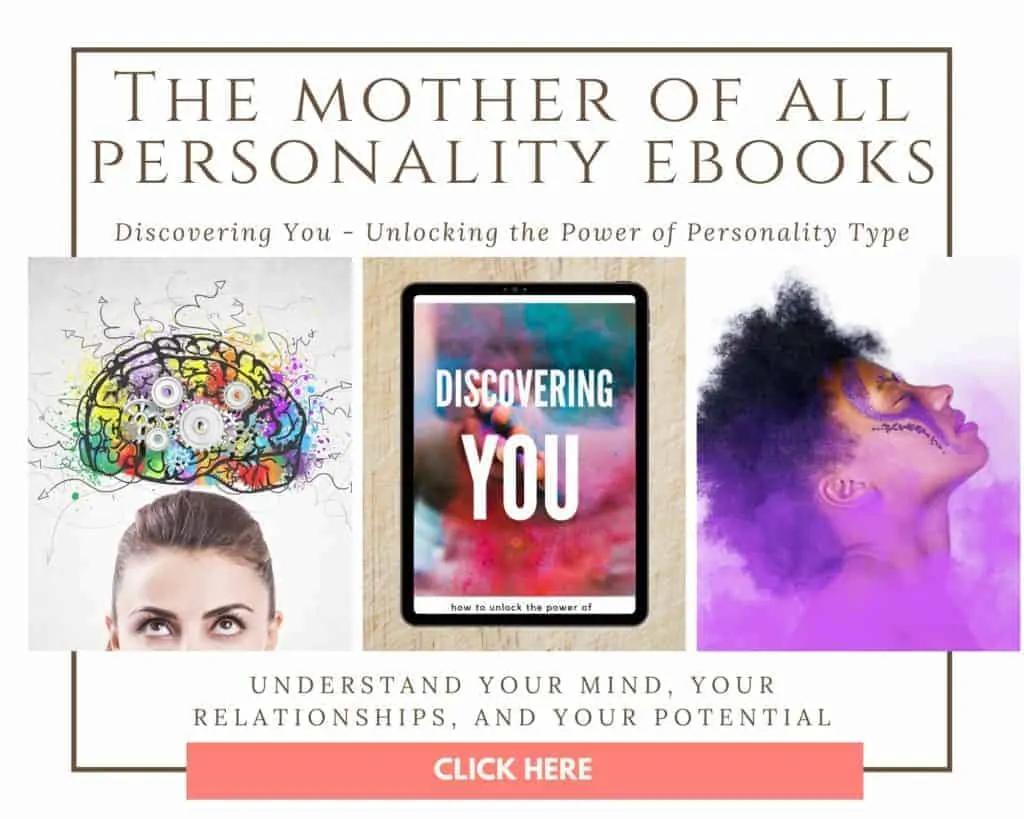
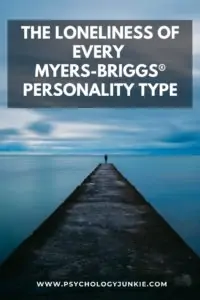




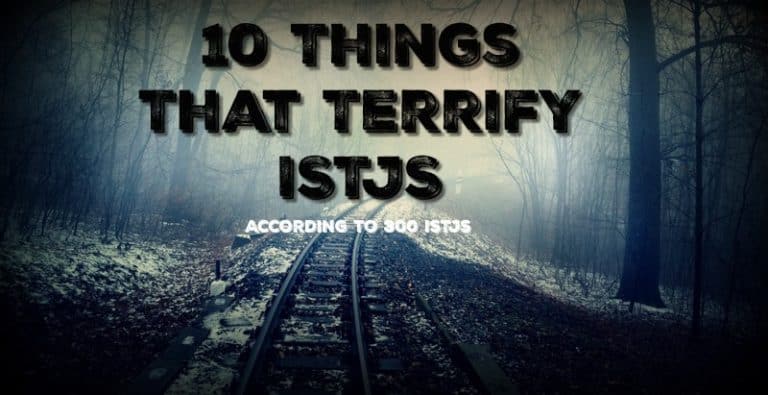
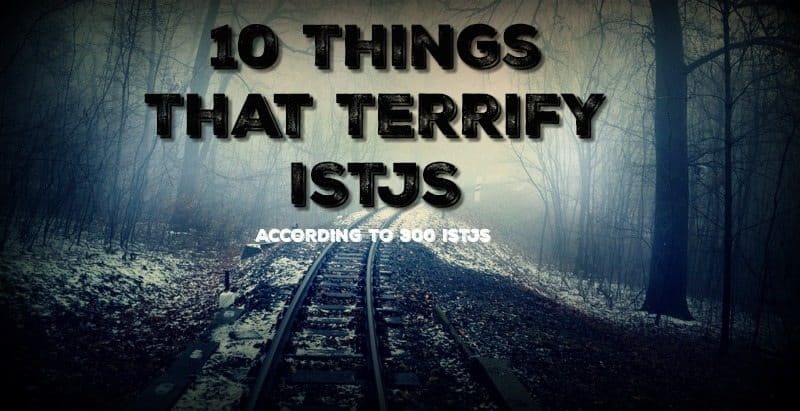
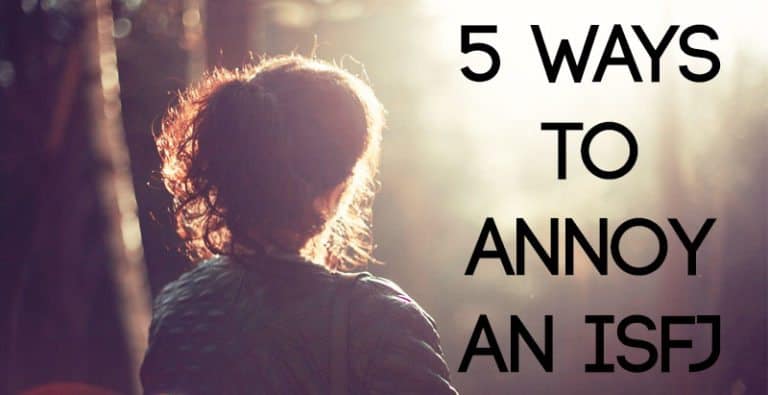
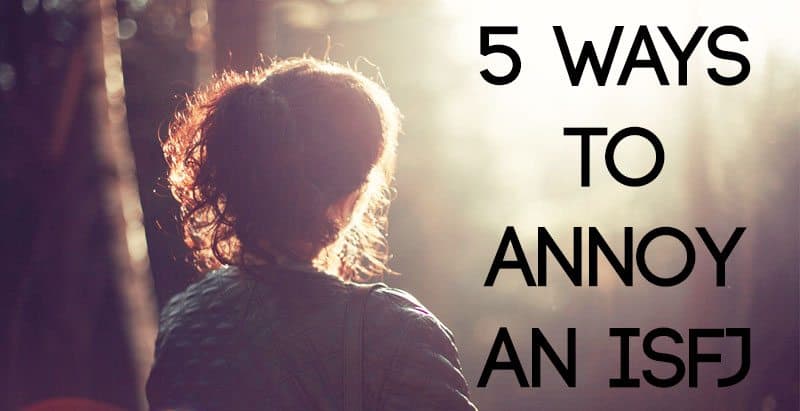
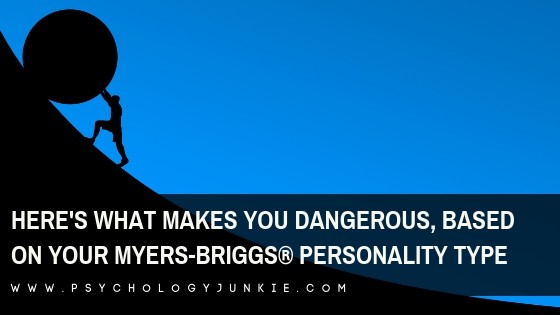
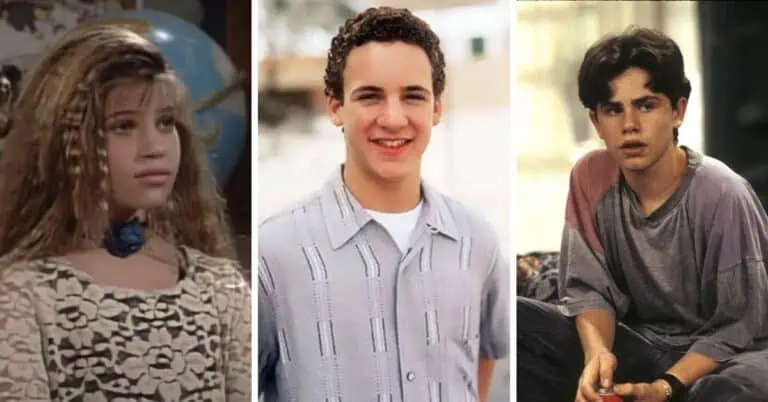
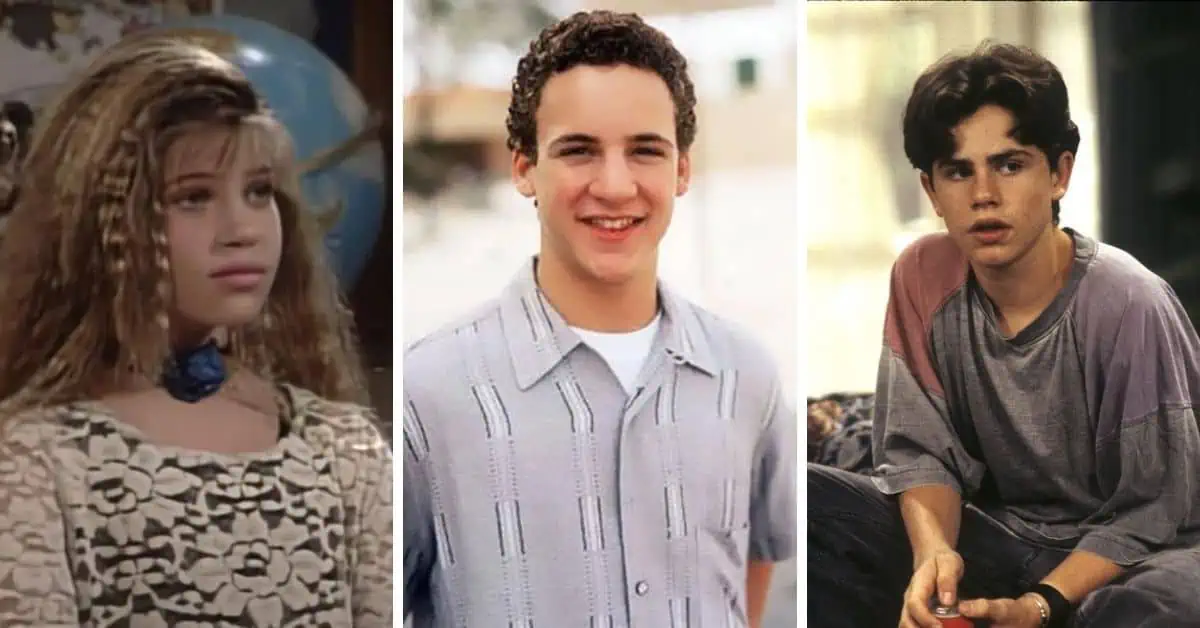
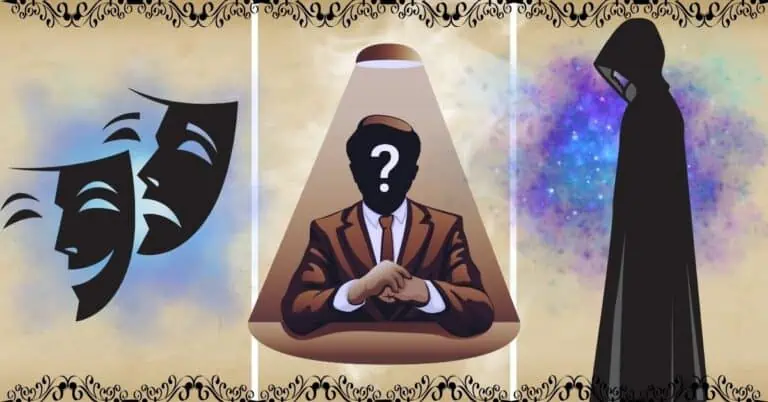
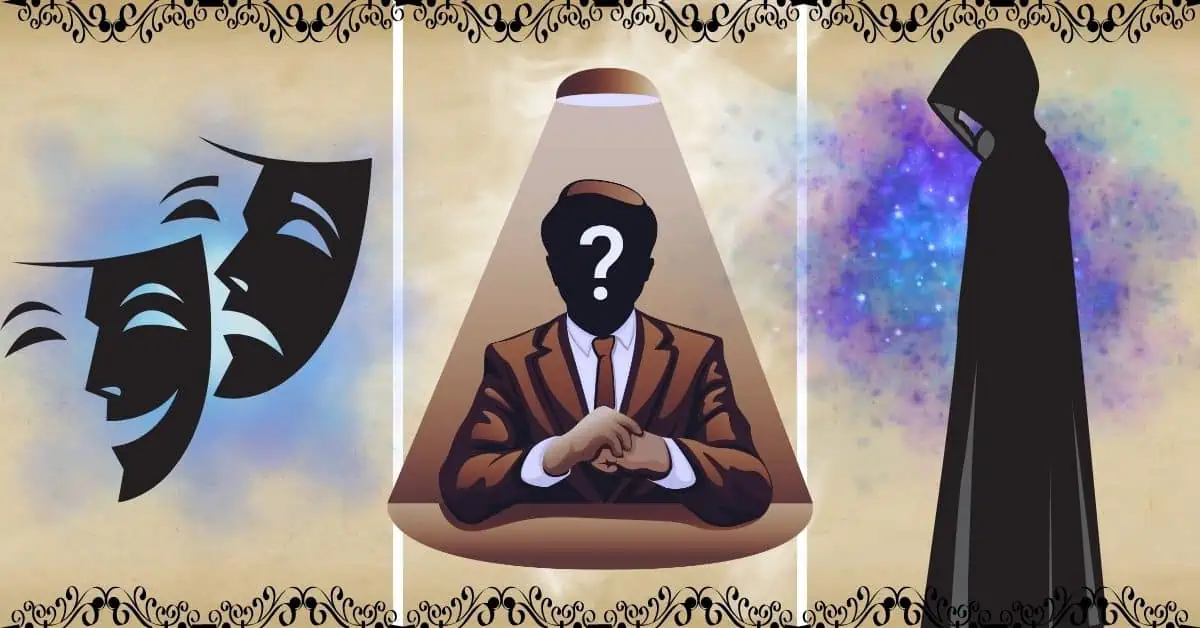
Quite a great and accurate summary for INTJ loneliness. Keep it up 👏
Can intjs become 2d artists/painters
Being an INTJ, this one is legit. As much as I love my alone time, sometimes it just becomes too much.
boyyyy if you dont get yoooooo
I’m an INTP and I have to say this is very accurate.
Clearly, the existential irony here is that we live in a world full of lonely people convinced they are the only one in the world who are lonely, and yet deep human connection is rare. We are lost in a world where loneliness is the norm, not the exception, and people are trapped in the eternal loop of denying the loneliness of other people around them as well.
People sometimes isolate and are lonely because of health issues which often seem ignored by personality grouping studies. Obviously personality can or does compound the issue and it also makes it difficult for accurate results. Does anyone else have frequent category change???
I am an ISFJ and I only vaguely relate to the ISFJ loneliness mentioned here. I scanned the other types, but none of them mentioned the way I feel loneliness.
I feel lonely when I am not included. Not necessarily excluded, but not invited. Not asked to join in the conversation or not invited to the get together. Or not having a group to belong to. That feels lonely to me.